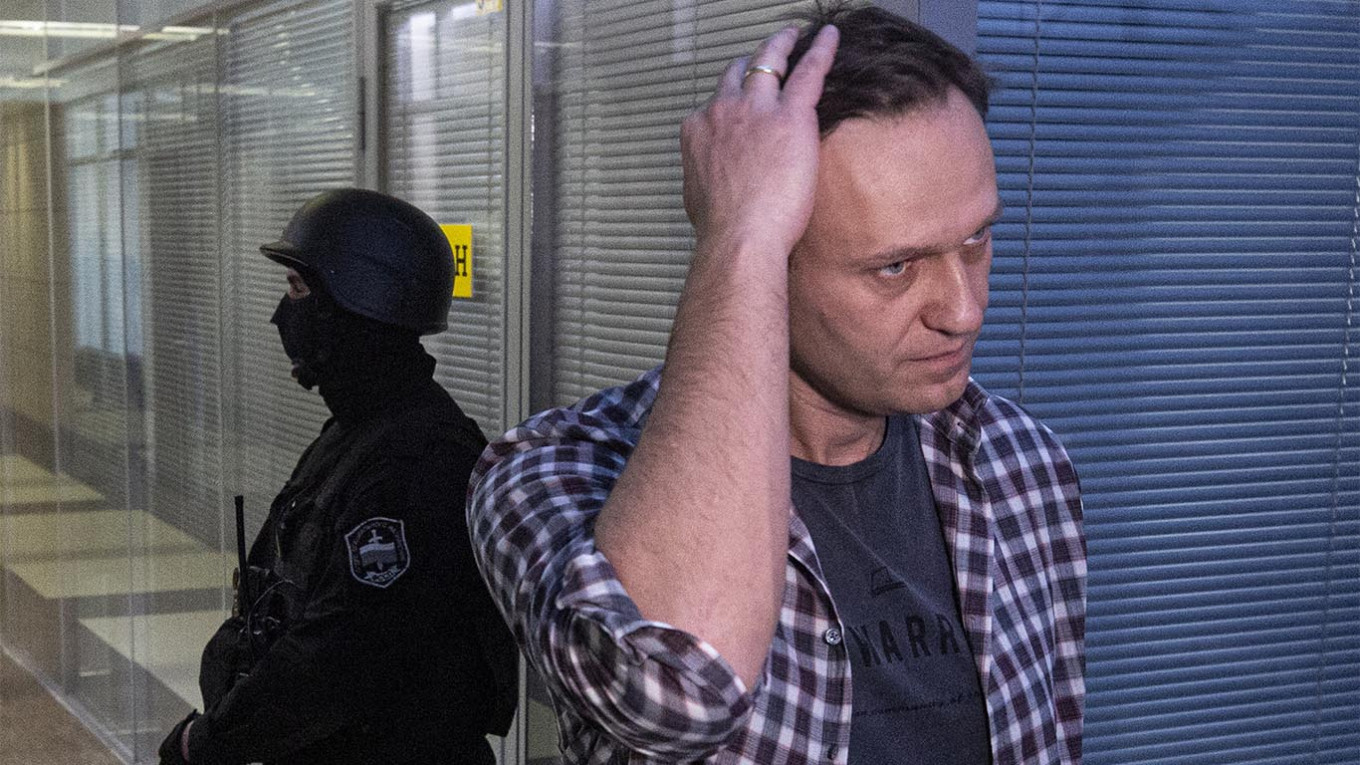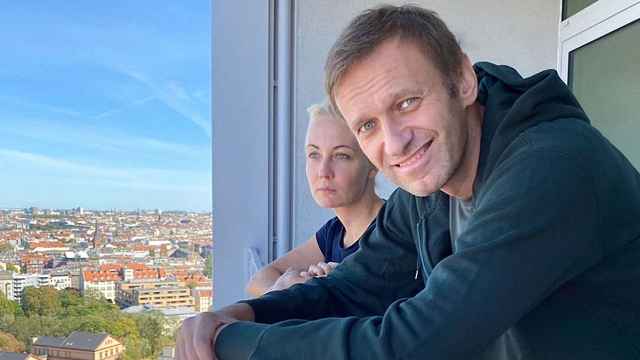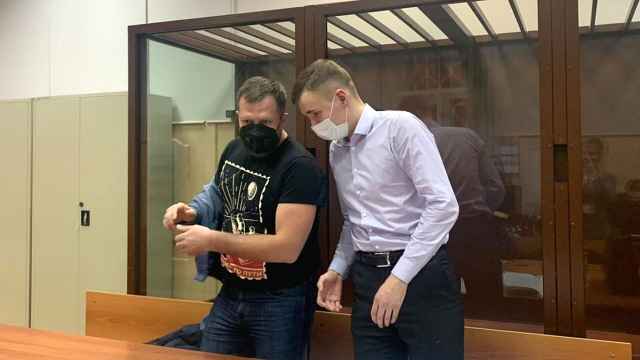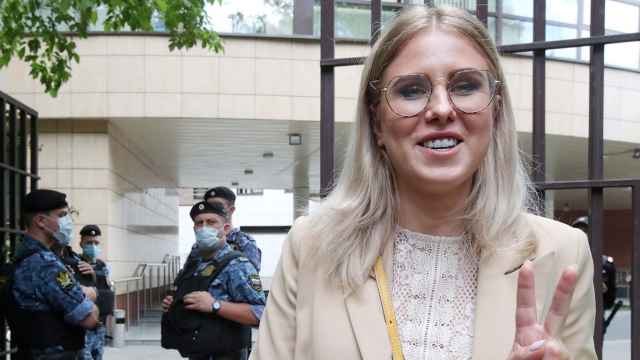Russia placed Alexei Navalny on its federal wanted list late last year, according to an official decree published on the Mash Telegram channel and confirmed by one of Navalny’s lawyers Wednesday.
The news comes as the opposition leader prepares to return to Russia, despite numerous legal threats, after recovering in Germany from what Western scientists said was poisoning by the Novichok nerve agent. His lawyer Vadim Kobzev told the RBC news website that Navalny’s addition to the wanted list is unlikely to affect his plans to fly to Moscow on Sunday.
The Federal Penitentiary Service (FSIN) decree published Dec. 29 says that Navalny "evaded supervision" in Germany after initial search measures were launched on Nov. 27. The decree states that Navalny "ceased to report to inspectors, although he is obliged to do so regularly" as part of his probation sentence in a 2014 embezzlement case.
The FSIN document adds that "it was not possible to establish the convict’s whereabouts."
The opposition leader’s team learned that he had been added to the wanted list only after he announced his upcoming return to Russia, Kobzev said.
Kobzev told Reuters on Thursday that Navalny could face up to 3.5 years in prison when he returns.
Navalny has been in Germany since late August, when he was evacuated to Berlin in a coma two days after falling violently ill on a domestic flight in Siberia. He vowed to return to Russia after making a full recovery from the poisoning, which he claims was ordered by President Vladimir Putin. The Kremlin denies that Navalny was poisoned and has said he is free to return at any time.
Earlier this week, the FSIN asked the court to replace Navalny’s 2014 suspended sentence in the Yves Rocher case with a real prison term.
The FSIN said Thursday that it intends to detain Navalny upon his arrival to Russia before the official court decision regarding his suspended sentence.
Late in December, Russian investigators opened a criminal probe on allegations that the anti-corruption campaigner had misused $4.8 million of donations to his nonprofits. The charge carries a penalty of up to 10 years in prison.
Navalny also faces a $900,000 libel lawsuit from Putin-linked catering magnate Yevgeny Prigozhin.
A Message from The Moscow Times:
Dear readers,
We are facing unprecedented challenges. Russia's Prosecutor General's Office has designated The Moscow Times as an "undesirable" organization, criminalizing our work and putting our staff at risk of prosecution. This follows our earlier unjust labeling as a "foreign agent."
These actions are direct attempts to silence independent journalism in Russia. The authorities claim our work "discredits the decisions of the Russian leadership." We see things differently: we strive to provide accurate, unbiased reporting on Russia.
We, the journalists of The Moscow Times, refuse to be silenced. But to continue our work, we need your help.
Your support, no matter how small, makes a world of difference. If you can, please support us monthly starting from just $2. It's quick to set up, and every contribution makes a significant impact.
By supporting The Moscow Times, you're defending open, independent journalism in the face of repression. Thank you for standing with us.
Remind me later.






